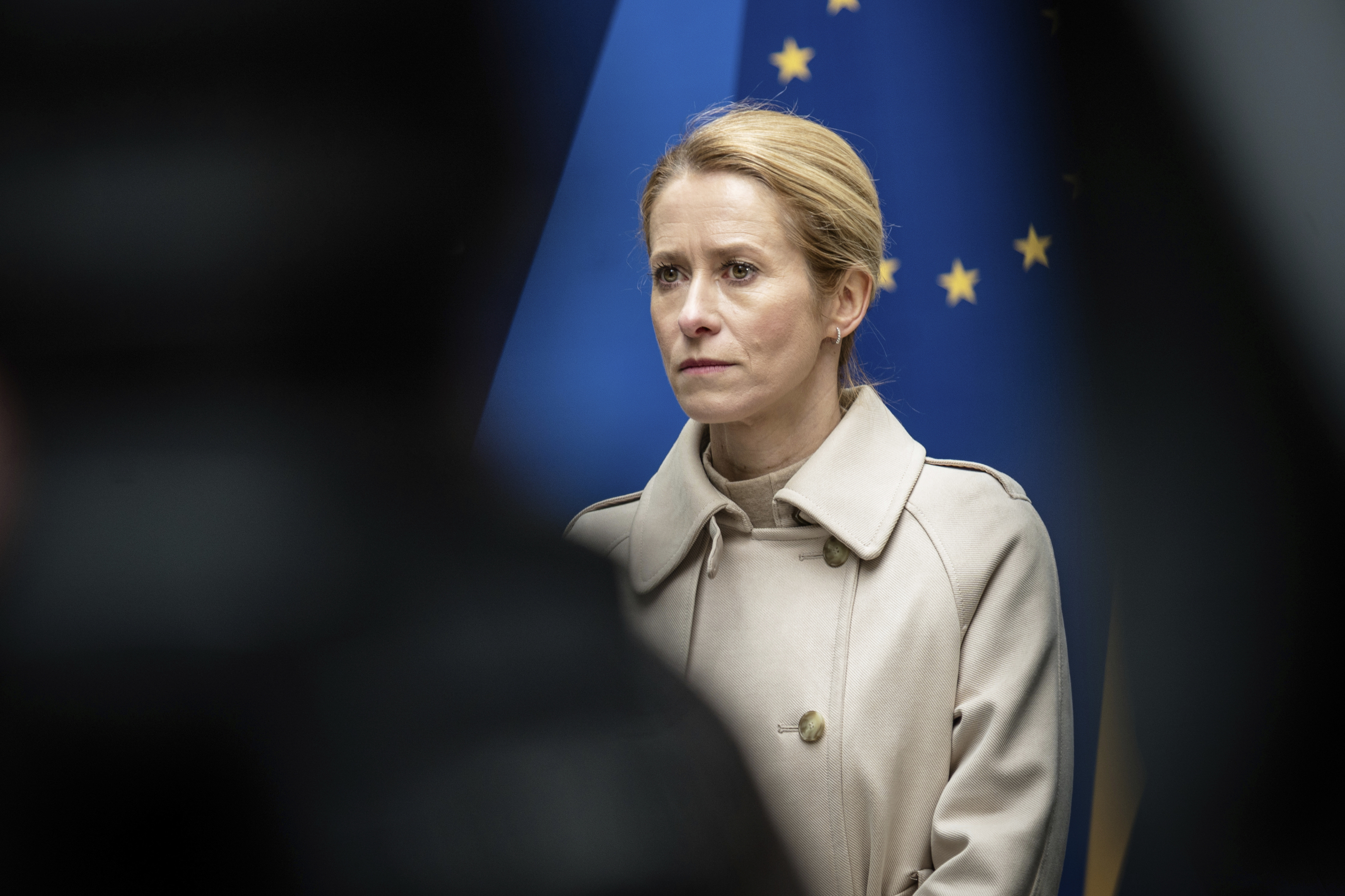Victory Day in the Great Patriotic War, as the Second World War is called in Moscow, dawned in Kiev with curious news: the Ukrainian security service has uncovered a Hungarian espionage network operating in Transcarpathia, in the west of the country. Hungarian military intelligence agents were caught gathering information about local defenses and public opinion in case of a military deployment. Two suspects, former military personnel, face life imprisonment for treason. Ukrainian authorities have long suspected the government of Viktor Orban, an ally of Moscow, but such espionage practices were unprecedented until now.
While Vladimir Putin and twenty foreign leaders, including Chinese Xi Jinping and Brazilian Lula, attended the military parade in Red Square in Moscow to commemorate the 80th anniversary of the victory over Nazi Germany, the EU's foreign policy chief, Kaja Kallas, and several European foreign ministers, including Spanish José Manuel Albares, visit Lviv, where they will announce a ¤1 billion aid package for Ukraine's defense industry and give final political approval for the creation of a tribunal to judge Russian war crimes.
"It is a decisive moment for justice, international law, and the future of Ukraine. Together, we reaffirm our unwavering commitment to accountability for the crime of aggression and for the atrocities committed on Ukrainian soil," said EU Commissioner for Justice Michael McGrath, who announced the creation "of a Special Tribunal for the Crime of Aggression against Ukraine, we are laying the foundations of justice and reaffirming the firm commitment that the rules-based multilateral order prevail over aggression, authoritarianism, and impunity."
Thirty countries, part of the Council of Europe, have been negotiating for months to create this tribunal to address the "gap" that exists because the International Criminal Court, which already investigates war crimes in Ukrainian territory, does not have the jurisdiction to prosecute the Russian aggression against Ukraine. This is because Moscow has not ratified the Rome Statute, the ICC cannot act on its own to judge an act of aggression, and Russia can veto the establishment of a new tribunal as a member of the UN Security Council, which has the power to propose it.
The initiative stems from an article published by the Franco-British jurist and writer Philippe Sands in February 2022, two days after the start of the Russian invasion of Ukraine, as reported by Efe. In his text, Sands identified this legal gap and proposed creating a special tribunal, similar to the Nuremberg Tribunal, which prosecuted Nazi leaders, to hold Russian high-ranking officials accountable for the invasion of Ukraine.
Meanwhile, Kaja Kallas celebrated Europe Day in the city of Lviv, where they honored fallen Ukrainians in the war with a floral tribute. "Today, we celebrate Europe Day with Ukraine and its people. Because in a family, both joys and difficulties are shared," wrote Kallas. "Together with the foreign ministers, we stand united with Ukraine for a just peace. For the future we believe in," she commented.
All of this happened just hours after the Ukrainian Rada ratified the mineral treaty with the US with all votes in favor. Donald Trump had a call with Zelensky that the Ukrainian president himself later explained, in a tone very different from the argument in the Oval Office: "Ukraine is willing to negotiate under any format," but for that "it is necessary for Russia to show that it really wants to end the war." Zelensky once again accepted a 30-day ceasefire starting tomorrow, which everyone already assumes Putin will not accept.
